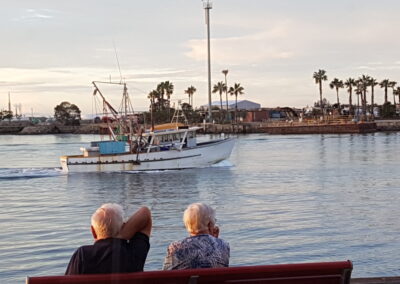Receiving A Diagnosis of Cancer
by Stuart EdserFor most of us, hearing a doctor say the words, ‘we’ve found cancer,’ would fill us with fear and dread. However, many thousands of people do receive this news and must go through the process of changing their lives to face up to this new experience. Aside from the physical challenges of treatment and drugs, individuals will also adopt their own unique way of dealing with cancer psychologically. Researchers have called this, their coping style.
Many of us have heard of people who have beaten their cancer. They have out-lived their prognosis by years and may even have gone on to lead cancer-free lives. How could this happen? Consistently survivors explain this by reference to their attitudes, the way they now think and feel. Is it possible that changing our personal psychology can make a difference to the course of a disease? Many scientists now believe this to be the case and have taken up the challenge to explore the phenomenon.
Five main coping styles have been identified in those living with cancer. Some people react by being anxious and worried, some by feeling helpless and hopeless, while others become stoic and philosophical. Still others live in denial while many choose to fight. Some of these coping styles have been consistently related to the progression of cancer over a 25 year period, and although we cannot say with absolute certainty that a particular style is theanswer to conquering cancer, there is nonetheless a clear trend showing that fighting spirit and low helplessness/hopelessness is the best combination.
A Canadian researcher has recently published several papers demonstrating that in his sample, the ones who out-lived their prognosis were those who were the most willing to make changes in their lives, who were most involved in self-help, and who most engaged in psychological and behavioural effort aimed at surviving. The clear association showed that the more involved they were in such strategy, the better their survival outcome. Is this true for everyone? I don’t know, but the trend is so clear it is very difficult to dismiss this connection.
One of my strongest recommendations therefore to people facing cancer would be to join a support group. These are lively, interesting meetings where people come together to learn and practise many new skills such as meditation, visualisation, goal setting and learned optimism. Close bonds develop and trusting relationships are formed. Studies clearly show that support group attendees are less depressed, less anxious and have a better quality of life than those who don’t attend. At the very least, a good cancer support group will assist people to achieve these goals and maybe even to influence the course of their illness.




